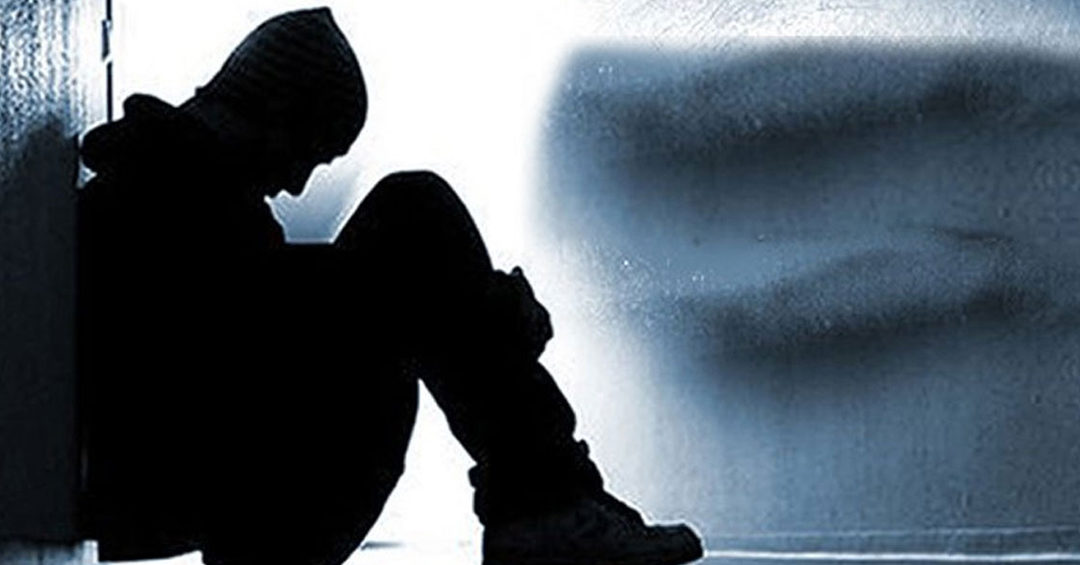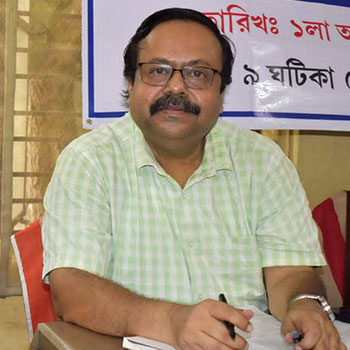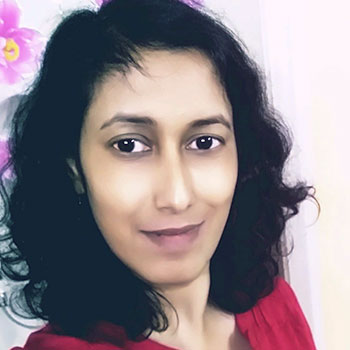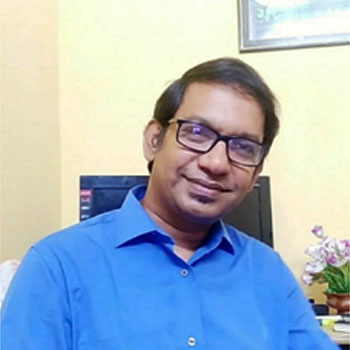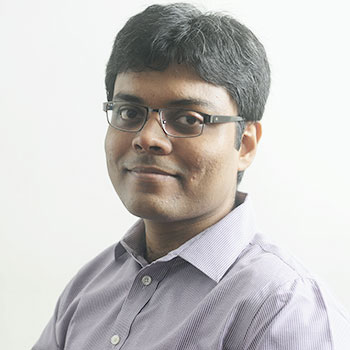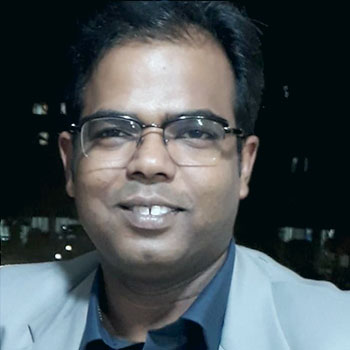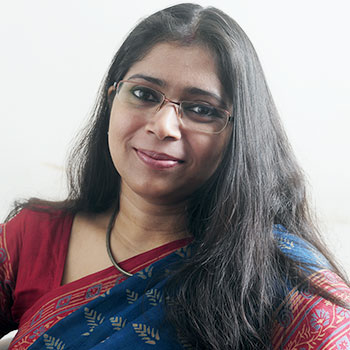Courage To Acknowledge and Accept
Suffering from Depression is a very private affair. It is made more so because of the stigma one experiences when someone acknowledges or declares they are depressed. Illnesses which comes with accompaniments like plasters, bandages, IV injections, and antibiotics are perhaps easier to understand. Mental Health Foundation feels privileged that Ms Kamalika Mukherjee, chose to share a part of her journey towards recovery with us. We admire and salute her grit and determination for sharing her story of a very private struggle, with us. We are sharing her piece, with a fervent hope, that this encourages more of us to come forward to seek help.
My name is Kamalika Mukherjee and I have been diagnosed with Recurrent Depressive Disorder. I’m sharing my story to enable people with mental health disorders and their family, friends and the larger community to not stigmatize those who are suffering from a range of illnesses, but to help everyone to accept their conditions like any other physical ailment. Unaware that I have depression since my teenage days, over the years, I found it hard to function just like any other person. I used to feel a deep sense of pain, hopelessness, negativity and often suicidal thoughts without any apparent triggers. When I was doing my post-graduation in Delhi, my condition started deteriorating. I had to confide in two of my beloved teachers that I’m not feeling well at all and not being able to cope with the terrible feelings. One of my teachers then took me to see a psychiatrist, who diagnosed that I have manic depression and prescribed some medicines. As a student I hardly had any money to buy the medicines but was immensely lucky that my teacher paid for it. I’m still so grateful for her compassion, empathy and understanding.
After I finished my MA with not so bad grades, I returned to Kolkata and started working as a journalist, but my episodes of depression didn’t go away. It was very hard to cope. My family also had to understand and support me, when the going got really hard. Finally, in 2006, I again visited a new psychiatrist, who introduced me to a new set of drugs. However, unlike a lot of people I ACCEPTED my condition and was determined to get better, in order to function better in life, both personally and professionally. It was this psychiatrist who gave a name to my depression: RDD.
It has been a huge challenge for me to accept and take the wobbly step of going for professional help, but I realised that this is the only key to manage and cope with my clinical condition. But for reasons I don’t want to explain, finally Icame to know of Dr X and the wonderful team of clinicians,who formed one of the finest foundation to help people of all walks of life, including children, who are battling with some form of mental health disorders. My introduction to Mental Health Foundation has been a happy discovery.
I’m a patient of Dr X for the last 5 years and the doctor has helped me immensely with my condition. With some research and by speaking with my doctor, I have realised that there is no ‘magic drug’ for cure. It is a long haul and you have to go by what your doctor says with utmost trust. When you start trusting and having faith in your doctor, I can vouch for that the hard phase goes off. One has to deal with one’s disease like any other, may be like Diabetes or heart ailments. Once you are on any medicine, please be patient for it to start working. It takes time and never make the mistake of stopping it, because you have started feeling fine. (I have made this mistake several times and trust me I’ve never felt that bad in my life). Lesson learnt and accepted.
Unfortunately, our society has made us internalise that mental illness is turning ‘mad’. Unawareness, lack of exposure or even the anathema to learn and be open-minded, I feel are a great detriment for people like us. There is nothing to be scared of, or resist, if one is facing any kind of emotional and psychological problem. Please treat it like any other disease. There is no shame or a feeling of being weak in order to ask for professional help. It is not a ‘weakness’ but feel proud of yourself that you decided to seek help. Accept your condition without any inhibition and have faith in your doctor. That is the key.

